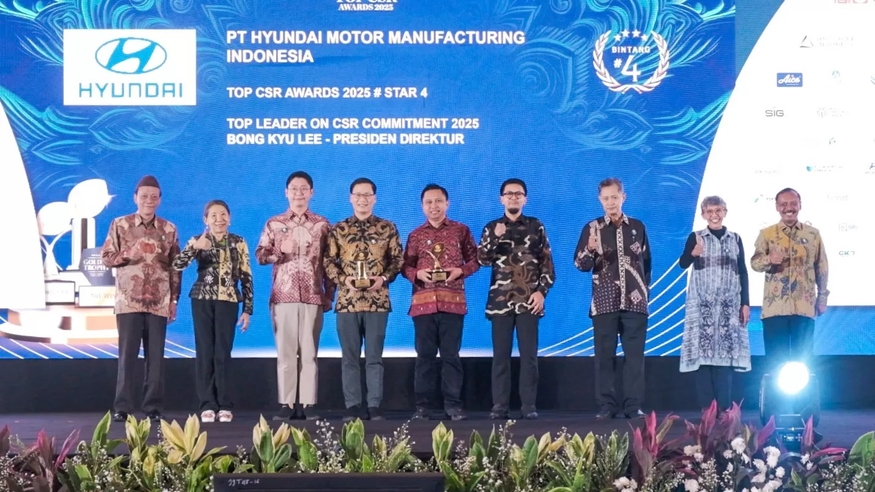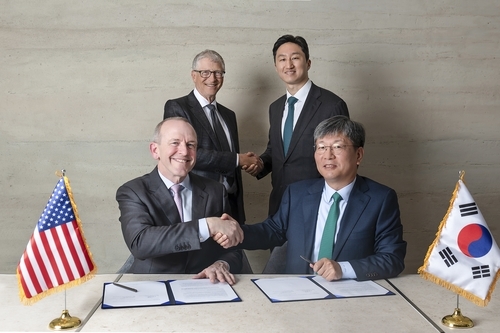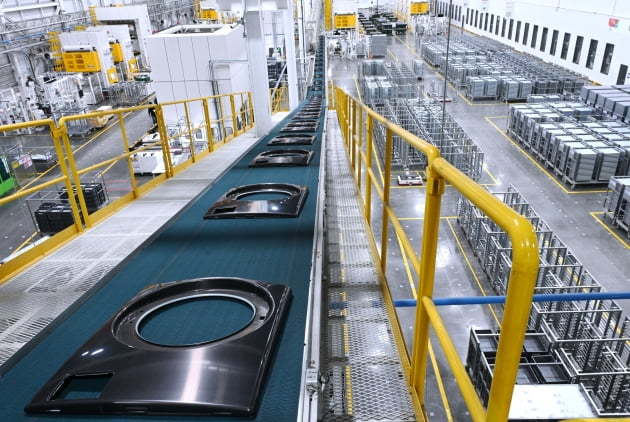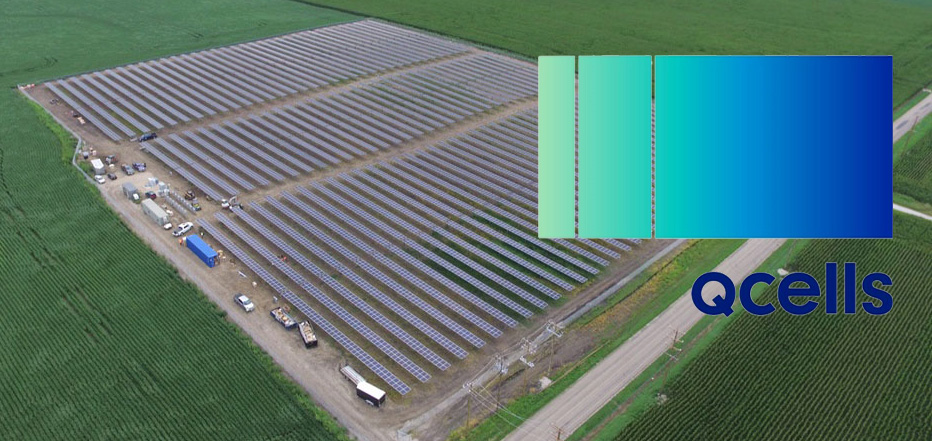
China has quietly cemented its dominance in a critical segment of the global supply chain, now controlling more than half of the world’s copper processing capacity—a development that could have far-reaching implications for industries from electric vehicles to power grids.
According to Canadian mining outlets MINING.COM and The Northern Miner, China currently commands 53.1% of global copper refining capacity. But it’s not just mainland China fueling this rise. A broader group of allied nations—including the Democratic Republic of the Congo, Zambia, Iran, and Indonesia—forms what analysts are calling the “China bloc,” significantly outpacing the United States and its partners in copper processing capabilities.
By comparison, the U.S.-aligned group—which includes the United States, Chile, Mexico, and Peru—accounts for just 15.6% of the market. Another cluster of nations often dubbed the “Coalition of the Willing,” composed of South Korea, Japan, Germany, Poland, Australia, Spain, Belgium, and Canada, controls about 19%. Meanwhile, countries like Russia, Kazakhstan, and Bulgaria hold a combined 5.6%. Taken together, all other regions still fall short of China’s dominant position.
On a per-country basis, the numbers are even more striking. From 2020 through the end of last year, China processed 43,545 tons of copper—five times more than Chile, the second-largest processor, which handled 8,849 tons. The Democratic Republic of the Congo followed with 6,493 tons. No other country came close to breaking the 10,000-ton mark.
This matters because copper isn’t just another commodity—it’s a backbone material for modern technologies. It’s essential to manufacturing electric vehicles, batteries, renewable energy infrastructure, and next-generation power grids. While much attention has been paid to securing access to raw materials, experts are increasingly warning that the ability to refine and process those materials may be the real battleground in the race for global economic and technological leadership.
“Securing raw materials is important,” one industry expert noted, “but it’s the capacity to process them that will ultimately decide who wins in the global race for strategic dominance.”
As geopolitical tensions rise and supply chains become more fragmented, China’s dominance in copper processing is likely to draw even greater scrutiny—and concern—from Western policymakers and industry leaders alike.
















